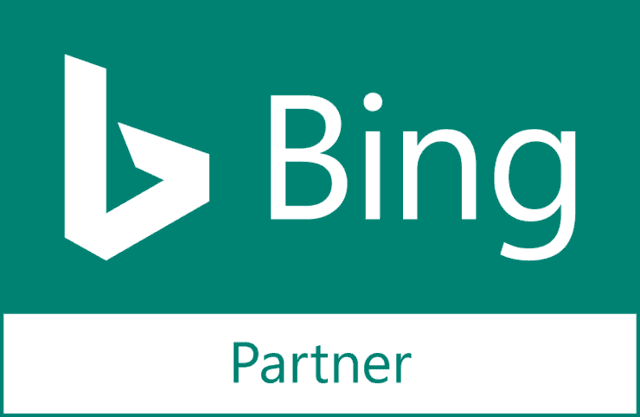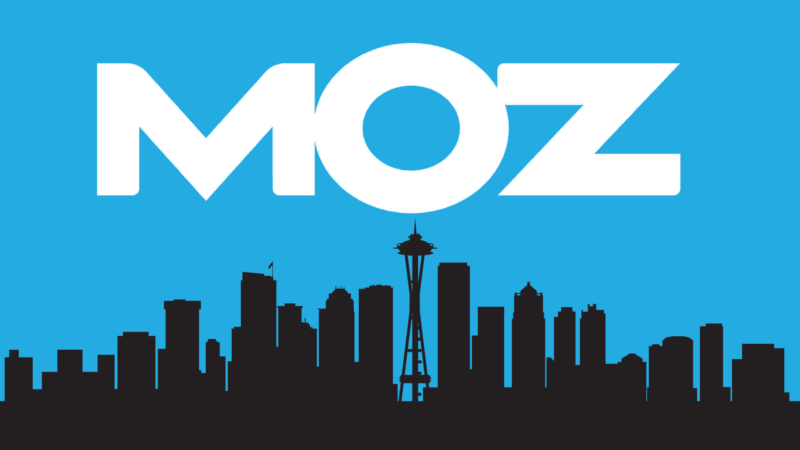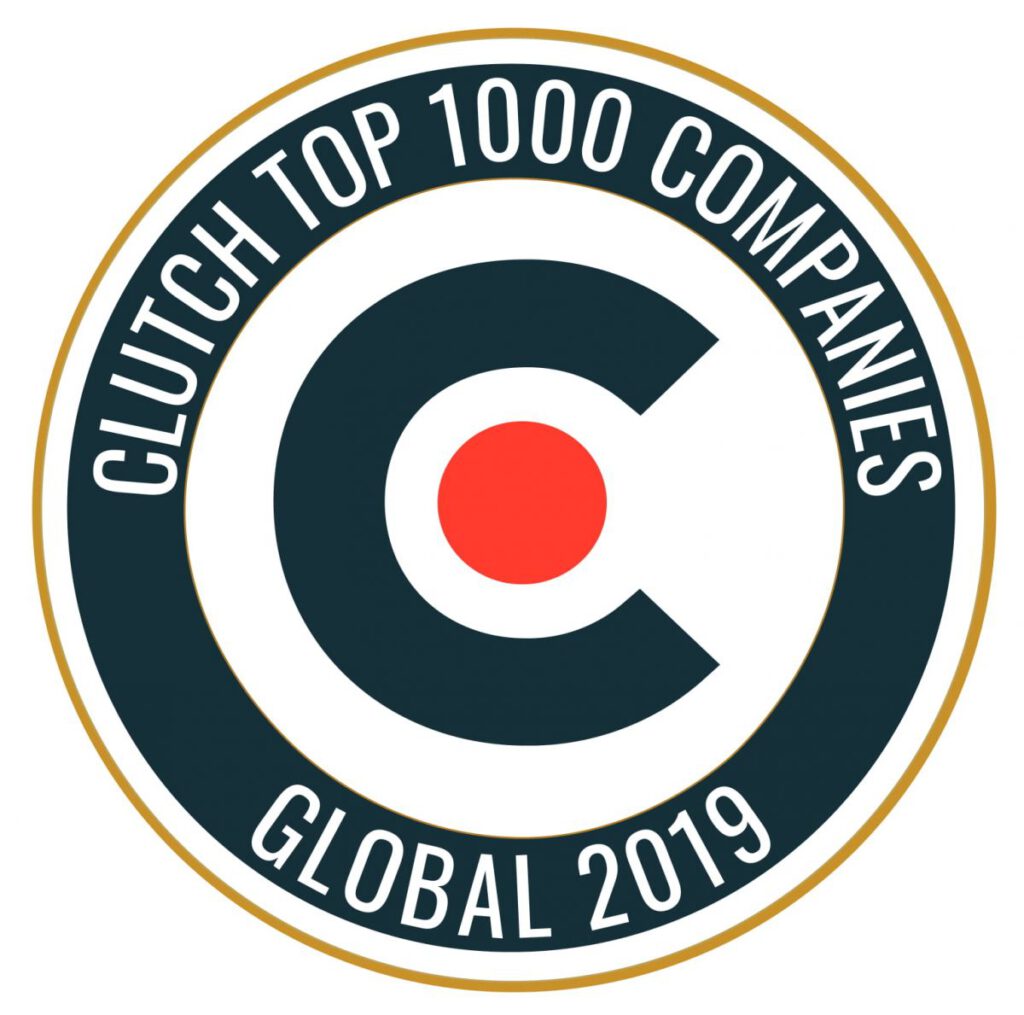If You See These Warning Signs, RUN!
Working in digital marketing, we come across a lot of, frankly, dishonest information in our routine research and client work. Today we’re going to look at some of the most common snake oil pitches that we see, and we’ll discuss why they’re a bad idea. Once you’ve avoided these traps, we’ll show you how to pick a reputable SEO agency.
Top Rankings Guarantees
Companies that claim to be able to guarantee top rankings in the Big Three search engines (Google and Yahoo/Bing) are, at best, overconfident or are picking low competition, throwaway terms. At their worst, they are flat-out lying. The truth of the matter is, no one can truly guarantee a #1 ranking in Google, Yahoo, or Bing, and far less often do we see sites hit the triumvirate of all three simultaneously. Search engines are in a constant state of flux, with multiple updates per year, some large and some small. In 2011, Google updated its algorithm more than once per day! Imagine trying to maintain a top position amidst all of those changes – it’s like trying to stand atop a pile of shifting sands.
“You Can’t, Like, Own the Search Engines, Man.”

Things that may be estimated to a reasonable range (but not guaranteed) include:
- the number of impressions and clicks your ads could receive
- your site’s general position in the SERPs (search engine results pages)
- the amount of traffic to your site
- the number of leads you could receive
The first list is composed of items you have direct control over, while the second list is comprised of items that you can influence to a degree, but have no direct control over. Coincidentally, the second list applies to search engine-sourced traffic.
We’ll submit you to 1,000 (crap) directories!
This is a favorite claim of many off-shore spam operations that prey upon local SMBs. This tactic often begins by educating the consumer about the benefit of back-links, (which, on a very basic level is accurate; however, the information spammers provide is usually slanted, and at the very least severely outdated) then makes the statement that directories are good sources of links (this really depends on the directory), and finishes up with an almost mathematical equation that says . The problem with this is that many directories have very little or no value – therefore their links do not carry any real value. Worse, many link directories have been completely devalued and de-indexed by Google, so your money will have been wasted and your site may be in danger of becoming associated with a “bad neighborhood.”
The truth is, there are good directories in which to get listed, both free and paid. In my experience, paid, curated directories offer the best link value by providing a barrier to entry to many low-quality sites and spam operations. The second function of paid directories is that they’re often niche-specific, so that’s a relevancy signal given to the search engines. Examples of good paid, curated directories include HG.org, Justia.com, Findlaw.com, LexisNexis, Lawyers.com, and similar ones. These are, of course, relevant to the legal field, but you can find similar directories across nearly any vertical, from dentists and doctors to oil industry businesses. For a good list of directories both banned and alive, visit Moz.com’s article on the subject, or see Directory Journal’s list of quality paid directories (compiled using Open Site Explorer and Moz Page Authority data).
We’ll Submit Your Site to Hundreds of Never-Before-Seen Search Engines! That’d Be Swell, Right?
This is another common trick of snake oil SEO salesmen. It’s very similar to the directory listing spam tactic from above. It follows the same approach, in that the description usually preaches the benefits of backlinks and listings in multiple places (search engines, directories, article databases, whatever), then makes the case that you need to submit your site to “the search engines” regularly (Which search engines? Invariably, they’re never specified, though it’s always a grossly inflated number) in order to maintain your rankings. In reality, you don’t really need to submit your site to any search engine, but many people choose to submit their new sites to Google and Bing via each company’s Webmaster Tools when they get started online.

Finally, who is using all of these thousands of search engines? Certainly nobody you’d be interested in doing business with. In the U.S., Google maintains nearly 70% of the organic search market, with Yahoo/Bing making up about 20% of it, and the difference coming from much smaller search engines and yellow pages sites (anyone remember Lycos, Ask.com, and DogPile? Yep, they’re still around, and just as relevant as they were in 1999). In the UK, the situation is even more staggering, with Google owning nearly 90% of the search market and Bing claiming a mere 5%, relegating Yahoo to a distant third place. As you can see, these “8,000 search engines” are nothing more than shallow attempts to bamboozle the lay businessperson with inflated numbers and useless statistics in order to fraudulently take their money.
Dodged a Few Bullets – Now What?
Ok, so you’ve dodged a few bullets and managed not to get taken in by a shady company looking to make a quick buck at your expense. Now what? I’ve always maintained that SEO is a technical service industry business that requires an “eyes-on” approach, like foundation repair, car repair, handyman services, etc. Basically, in order to get an accurate quote and really fix the issues, a reputable SEO agency will need to evaluate your site and current search engine standings in order to identify all of the issues that need to be addressed. Therefore, before signing any contracts, I recommend asking for an upfront website analysis and evaluating the report yourself. Some companies may charge for this, much like your dealership will charge a diagnostic fee to look over your car’s engine, or similar to a craftsman charging a trip fee to drive to your home and evaluate your plumbing problem. This is only fair, as their time is valuable like yours is, and a good SEO will have to devote a couple of hours to some upfront research that could have been spent on client work. The important thing is, this is not a contract for services yet. At WrightIMC, we provide two service offerings: a complete, in-depth, standalone site audit that provides you an analysis of your site’s health, plus an ongoing marketing plan that you can implement yourself or hire us to service. The other option is for us to take a look at your website, doing an initial review to uncover the root problems, and then doing a full site audit once the contract is signed and the project is underway.
Once your reputable SEO agency has diagnosed your site’s immediate issues, they can provide you with an accurate quote based on hard data and a sound strategy. The important thing is to make sure that the contract doesn’t contain any of the red flags from above. Remember, SEM is an ongoing process – once the site’s code is fixed and the bad links have been disavowed, and your robots.txt isn’t blocking access to your site anymore, then the real work begins: implementing a content marketing strategy, community outreach, earning backlinks, building site authority, converting visitors, etc. In one of our next blog posts, we’ll cover 3 things your reputable SEO agency should definitely provide you before signing any contracts.
Got some feedback for us? Feel there are other Red Flags that would have been more important? What 3 Things do you consider absolutely critical for SEO success? Post in the comments below!






